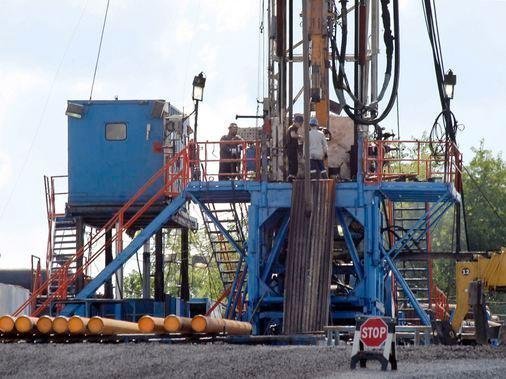
3 August 2016 | By Steve Heins, The Word Merchant
Many have probably heard a lot about Tesla lately, including the latest dust up with the “Autopilot” accidents. Beneath the headlines, the recently announced Tesla and Solar City merger will be an interesting experiment: Can massive government spending stimulate its own economy, without the usual worry about return on investment or real market demand. Stated differently, can the public sector make “better” and more clean energy choices than the private sector?
First, with so many phrases being bandied about by the energy and environmental communities like “sustainable,” “clean,” “renewable,” and “environmentally friendly,” a broader meaning is required: “Clean energy” is energy efficiency, solar, wind, large scale battery storage, new gas/natural gas pipelines, new state of the art transmission lines, geothermal, hydro, improved and cleaner coal power plants, wave, new or updated nuclear power plants, and new natural gas power plants. They are all a part of a global greenhouse gas emission reduction strategy that at a minimum doesn’t damage the 3 billion people living in poverty, and 1.6 billion people still living without clean water, reliable electricity and inadequate telecommunications.
A necessary measuring stick is that all “clean energy” must share the ability to be measured and verified over time. Also, instead of the many imperfections of the cap and trade platforms like the European Union’s Emission Trading Scheme (and its ilk) and the carbon tax, the plan should be all inclusive. Renewables would not be treated as the only tradable emission credit, voluntary or otherwise. This notion reflects a sense that a 100 % renewables world isn’t a sacred goal nor is it even desirable.”
Frankly, when it comes to global economic development, the political class has proven, at their best, that they are enormously vulnerable to the Chinese menu of human frailties. Conversely, the private sector corrects its own historical mistakes, if only for economic survival.
Even the most recent example of a successful federal program, the Internet itself, only became commercialized and successful, after the heavy-handed regulation by the federal government was supplanted with technologies developed in the private sector. The TCP/IP protocol was established in 1983, and the invention of the browser by Marc Andreesen in 1993. Unlike the inevitable ossification of any large government entity, the private sector has the ‘machinery for change”, as Leonard Cohen put it.
One could argue, as the Wall Street Journal does, that Telsa and Solar City are both taxpayer subsidized companies. In fact, neither company has returned its first dollar of profit.
Essentially, the public sector, including well-funded politically active environmental groups, have decided that the solar industries, coal capture, electric cars, and large scale storage batteries are some of the best investments for the future of energy, economic development and environmentalism. “Tesla customers can drive clean cars and they can use our battery packs to help consume energy more efficiently,” as stated in a recent Tesla blog, “but they still need access to the most sustainable energy source that’s available: the sun.”
Lost in Tesla’s quote is the fact that the solar industry, coal capture or battery storage business cannot yet be defined as a “clean energy” sources, at least until they can prove they have the profitability and scalability to create the enormous amount of capital necessary for the global infrastructural investments, and all without the kindness of governmental assistance.
Currently, the public sector seems awash in money for renewables, studies and reports dedicated to the environmental community by the environmental and energy agencies. In addition, there is large amount of money that is being donated by individuals and foundations to environmental organization, which receive public or private funding.
At a minimum, there must be full disclosure of all public sector funding, when these funds and grants are received and expended on these environmental and economic debates. In a world flooded with funding biases and dubious economic claims, material facts help Wall Street and global investors keep the world in economic perspective no matter what is being said in public about energy and the environment.
After the failures of Solyndra, SunEdison, FutureGen in Illinois, the Kemper Project of Mississippi, Telsa and Elon Musk must grow from being great marketers to becoming a master builders of energy sustainability. If Telsa fails, they certainly will do irreparable harm to the credibility of federalism, renewables, and clean energy.
####






